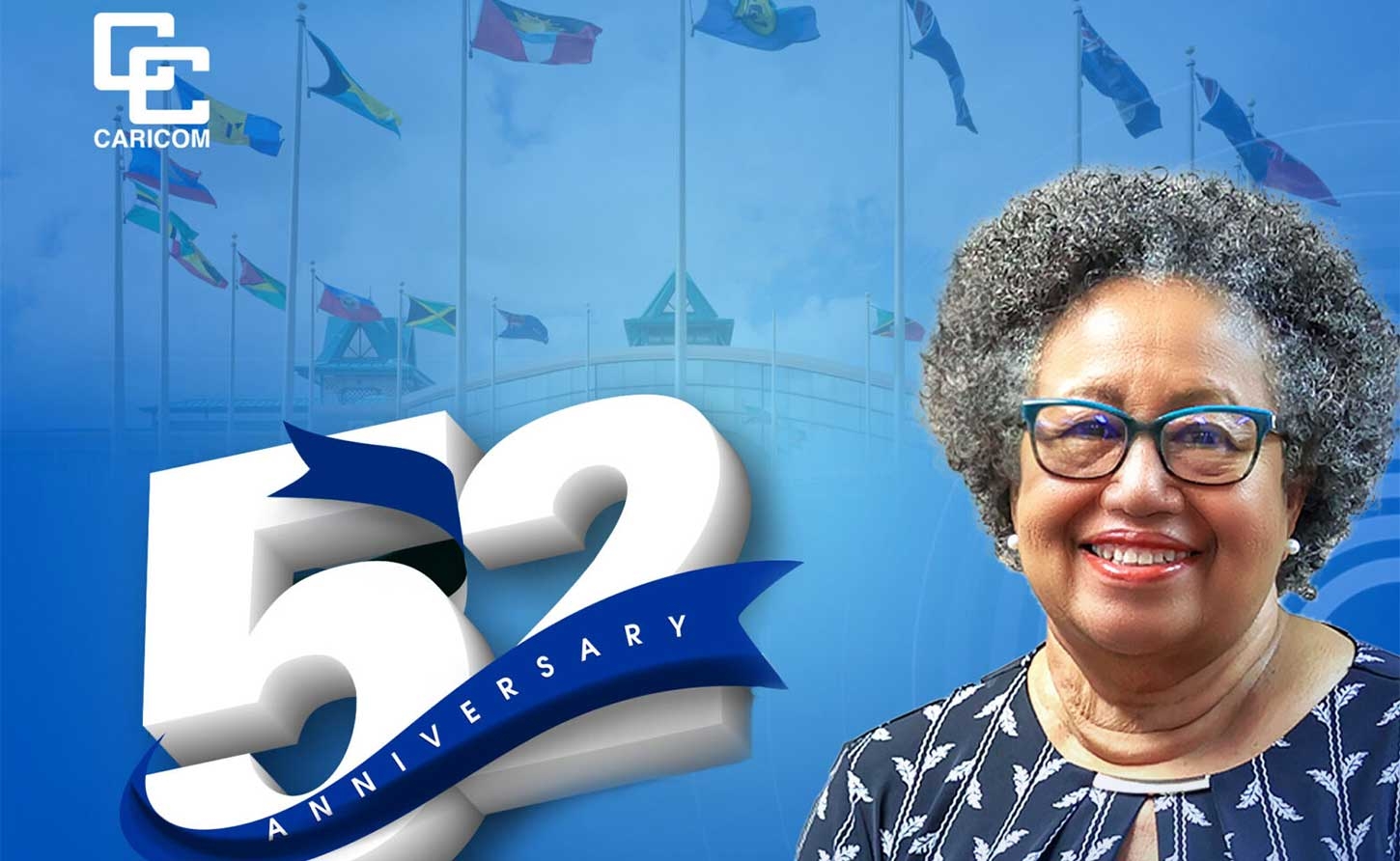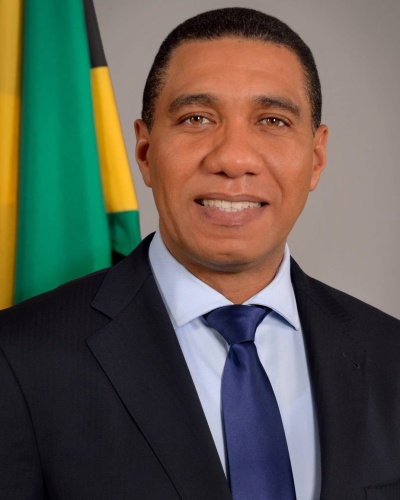JAMAICA | As CARICOM Leaders Gather in MoBay, Regional Crises Demand Bold Action

MONTEGO BAY, Jamaica, July 4, 2025 -When Caribbean leaders converge in Montego Bay this weekend for their annual summit, they'll be wrestling with challenges that could reshape the region's future.
The 49th Regular Meeting of the Conference of Heads of Government of the Caribbean Community (CARICOM) runs from July 6-8, marking not just another diplomatic gathering, but a critical moment for a community under siege.
Today's date carries special significance—July 4th marks CARICOM Day, commemorating the 53rd anniversary of the Treaty of Chaguaramas that birthed this Caribbean family.
Yet as these island nations celebrate their shared history, they confront existential threats that test the very bonds that unite them.
Haiti: The Crisis That Won't Go Away

Criminal groups killed at least 5,601 people and kidnapped nearly 1,500 in 2024, with sexual violence becoming widespread.
The numbers tell only part of the story—behind them lies a humanitarian catastrophe that has turned Haiti into what some critics call "a pariah within the community."
Some 85 percent of the capital is currently under gang control and communities are constantly being uprooted by violence and instability.
Haitian citizens fleeing this violence find little welcome in fellow CARICOM states like Jamaica, Guyana, Barbados, and the Bahamas, where they're promptly returned despite international human rights conventions against such practices.
The UN Security Council-supported mechanism meant to address the crisis isn't working.
Even the CARICOM-appointed Eminent Persons Group, led by former Saint Lucia Prime Minister Dr. Kenny Anthony, has yet to deliver a workable solution.
Both the UN and CARICOM seem reluctant to confront what many see as the root cause: Haiti's powerful oligarchy that controls the gangs and the economy, the puppet masters pulling strings while citizens suffer.
Dr. Carla Barnett, CARICOM's Secretary-General, has emphasized the need for "renewed and expanded partnerships" as the community grapples with these "existing and emerging uncertainties."
But without addressing Haiti's oligarchy problem, such partnerships may prove hollow.
Guyana's Existential Threat
While Haiti burns, another CARICOM member faces a different but equally serious challenge. Venezuela conducted elections on April 27, 2025, for a "Governor" and "Legislative Council" of the so-called "Guayana Esequiba State," which Venezuela illegally purported to "annex" last year.
Without the Essequibo region, Guyana would be reduced to what critics describe as a "Gaza-like strip of land bereft of any viable resources."
The stakes couldn't be higher—without Essequibo, there would be no Guyana as we know it. This reality demands that CARICOM develop some serious backbone and redouble efforts to support their threatened member state.
Beyond Regional Borders
The Caribbean's troubles extend beyond its waters. On Palestine, CARICOM has called for lasting peace and a two-state solution, but critics argue the community needs to be more forceful in condemning what they see as Israel's actions in Gaza.
The organization's measured diplomatic language may not match the gravity of the situation.
Similarly, the long-standing border disputes between Belize and both Guatemala and Honduras remain unresolved, with cases pending before the International Court of Justice.
A Silver Lining: Africa Partnership
Amid these challenges, one bright spot emerges. Prime Minister Abiy Ahmed of Ethiopia has agreed to host the Second AU-CARICOM Summit on September 7, 2025, at the Adwa Convention Centre in Addis Ababa.
This partnership with Africa, supported by institutions like the Afreximbank, offers potential for trade and investment cooperation that could strengthen Caribbean economies.
Jamaica's Commitment Called Into Question
Yet as Prime Minister Andrew Holness assumes CARICOM's rotating chairmanship, some question Jamaica's own commitment to regional integration. Despite being instrumental in developing the Caribbean Court of Justice, Jamaica remains with the colonial Privy Council as its final court of appeal while only five CARICOM states—Barbados, Belize, Dominica, Guyana, and Saint Lucia—have joined the CCJ's appellate jurisdiction.
The irony is stark: this weekend, Justice Winston Anderson of Jamaica will be installed as Chief Justice of the very court his country refuses to fully embrace. While Anderson has argued that Jamaica has a legal obligation to adopt the regional court, political resistance at home continues.
Similarly, Jamaica is among only three CARICOM states yet to sign Afreximbank's Partnership Agreement, missing out on what has grown from $1.5 billion to over $2.5 billion in funding already accessed by twelve member states.
The program won't reach its full potential until all members participate, leaving money on the table that could boost regional development.
The Test of Leadership
The question isn't whether the Caribbean Community faces serious challenges—it's whether these leaders possess the political will to address them decisively, including addressing inconsistencies within their own ranks.
The meeting will focus on developments in the CARICOM Single Market and Economy, security issues, Haiti, external trade negotiations, climate change, and preparations for the second Africa-CARICOM Summit.
The Caribbean has survived hurricanes, economic crises, and colonial legacies. But the current constellation of threats—from gang violence in Haiti to territorial annexation in Guyana—represents perhaps the severest test of CARICOM's unity and effectiveness since its founding.
Whether this weekend's gathering in Montego Bay produces meaningful action or merely diplomatic pleasantries may well determine if the Caribbean Community emerges stronger or fractures under pressure. The stakes have never been higher, and the world is watching.
-30-
